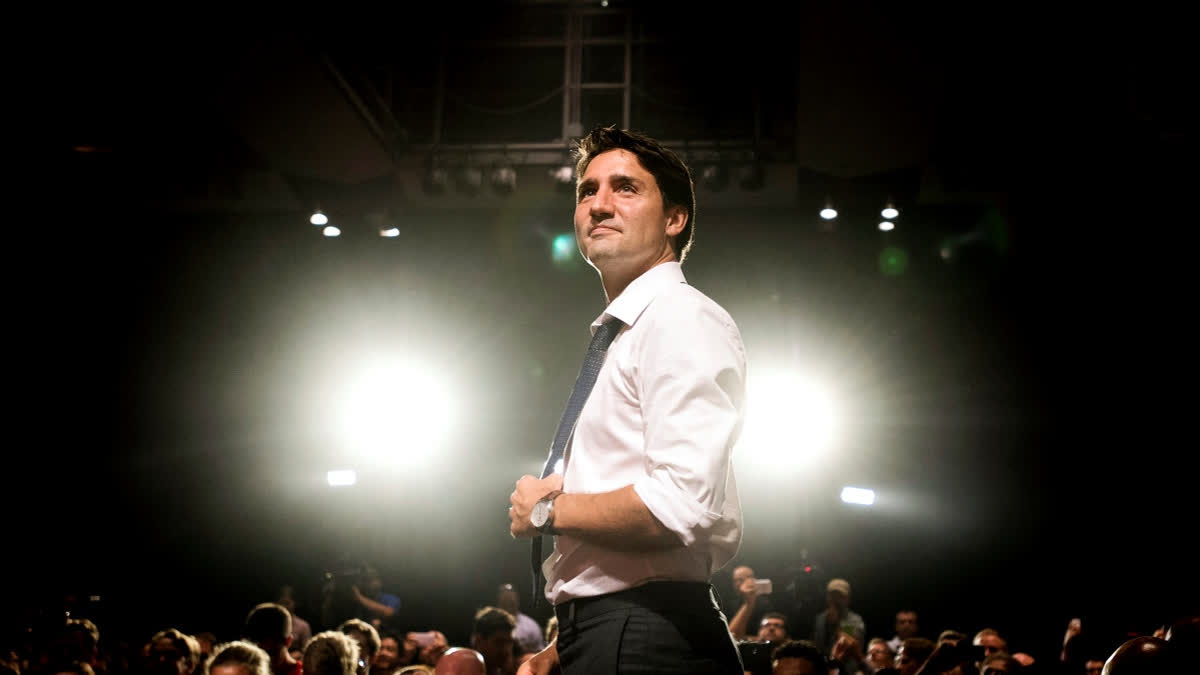Ottawa:The term "political rock star" has not been applied to many Canadian leaders, but when Justin Trudeau stormed into office in a 2015 landslide election, it appeared to fit.
Now, more than nine years after he initially wooed voters with a progressive agenda, Trudeau is leaving office, forced out by former Liberal party allies while being mocked by incoming US president Donald Trump.
"Trudeaumania" was first used to describe the reaction to Trudeau's father, Pierre Elliott Trudeau, who became a global celebrity when he led Canada through in the late 1960s and 70s, dating Barbara Streisand and developing a friendship with Fidel Castro.
The phrase resurged when Justin Trudeau -- who had previously been a snowboard instructor, bartender, bouncer and teacher -- rose to the top of Canadian politics.
"Why can't he be our president?" Rolling Stone magazine asked on a 2017 cover, six months into Trump's first term.
Trudeau's positions seemed well-pitched to left-of-centre voters in Canada and beyond.
He promised action on climate change and a defence of Indigenous and refugee rights.
When asked why he prioritized gender parity in his first cabinet, Trudeau famously replied, "Because it's 2015."
When he travelled abroad, young people lined up for selfies.
"Canada is back!" he declared after ousting an entrenched Conservative prime minister, the unquestionably less glamourous Stephen Harper, in 2015.
Support Fades
Within Canada the honeymoon was short-lived.
There were steps that pleased supporters, like a public inquiry into missing and murdered Indigenous women, legislation permitting medically assisted suicide, and the legalization of cannabis.
But on core issues like climate change and reconciliation with Indigenous communities, Trudeau "has not been the reformer that many had hoped for," said Maxwell Cameron, a political science professor at the University of British Columbia.
Trudeau was narrowly re-elected to lead minority governments in 2019 and 2021.
